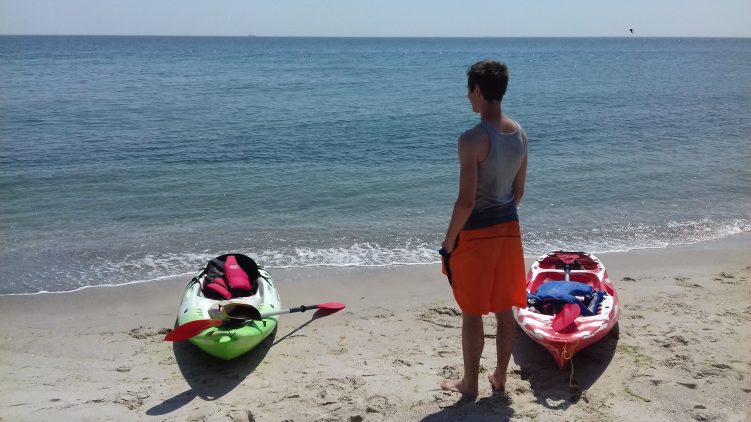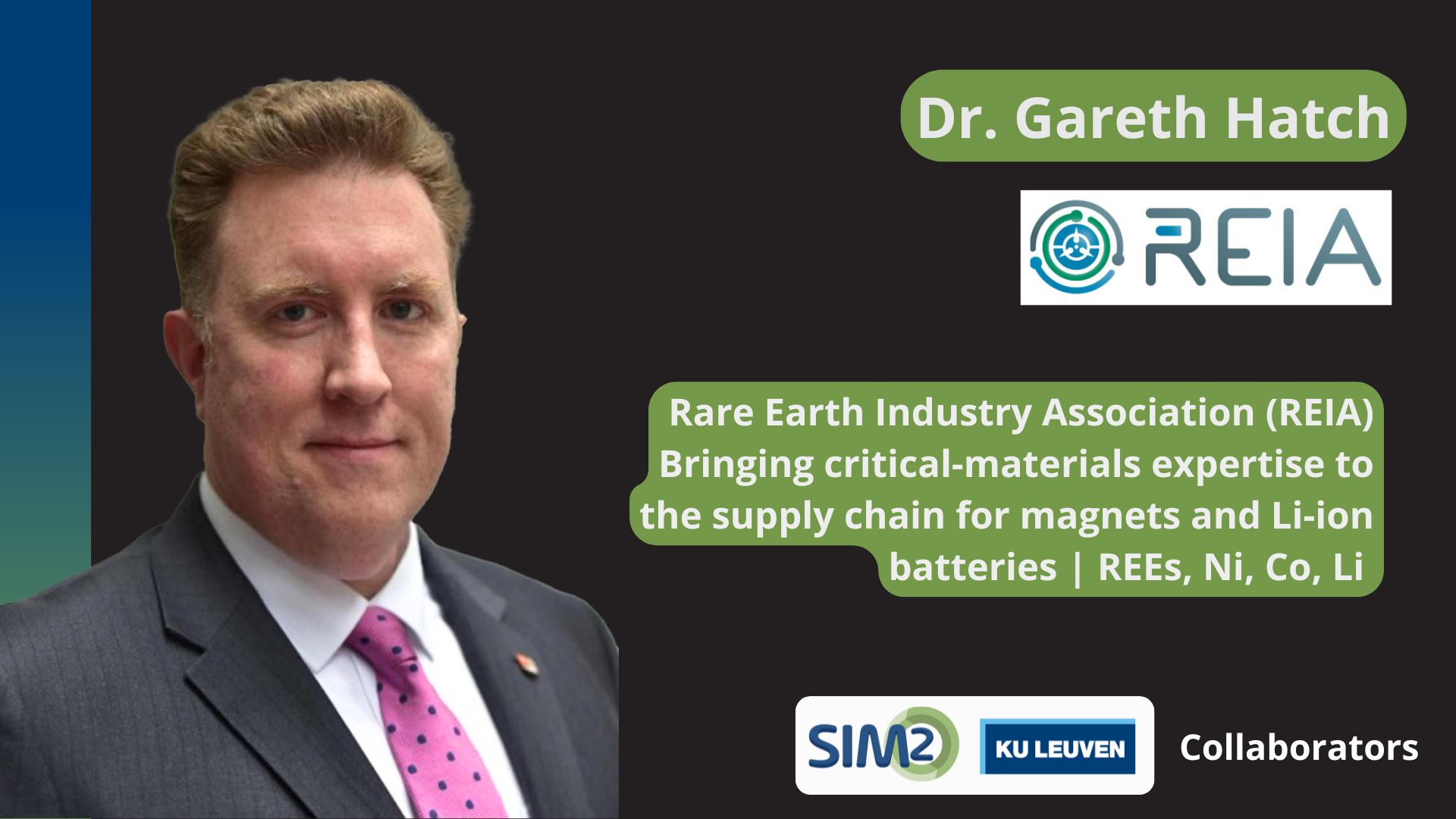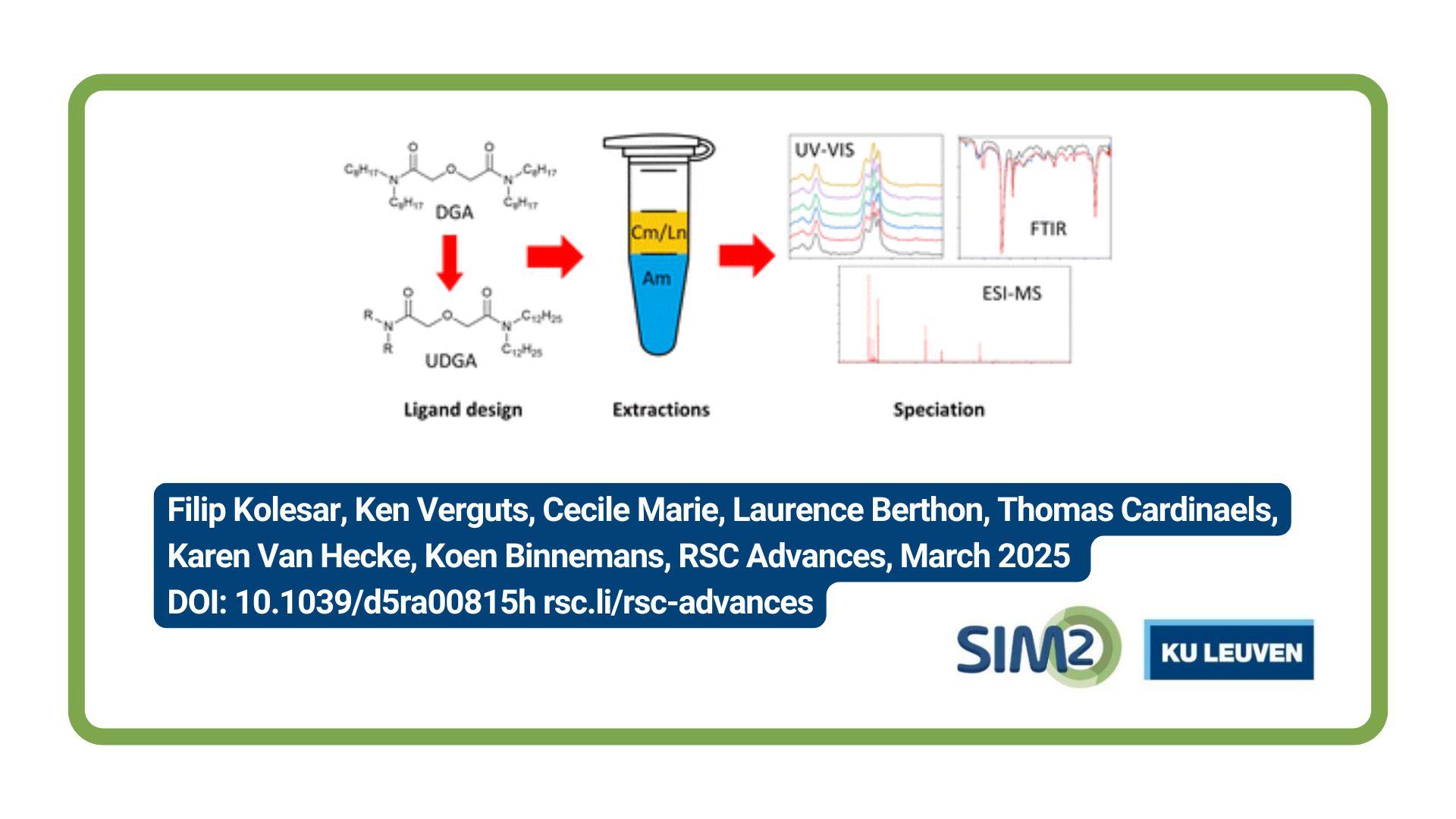Lukas Gijsemans (Bachelor Degree Chemistry) works as a research associate at the Lab for Inorganic Chemistry. He investigates solvometallurgical methods for industrial case-studies in the KU Leuven C3-SOLMET project.
Why did you choose to work in Belgium?
I was born in Belgium and lived here my whole life. There were some plans to work in a foreign country but that’s more easily said than done. All my friends and family live here and when I received a job opportunity at KU Leuven, I did not doubt to take it. Leuven is ideally located next to my hometown so that meant I could easily travel to work and stay close to my friends and family.
What are you working on?
I am working the KU Leuven C3-solvomet project which actually consists of several smaller projects which all have one main topic: solvometallurgical leaching and solvent extraction. Solvometallurgy is an emerging branch of extractive metallurgy. Although this concept already dates from the late 1940’s, there are not a lot of solvometallurgical processes being used in industry compared to hydrometallurgical or pyrometallurgical processes. Due to the depletion of high-grade ores and increasing demand for metal, industry is considering to recover metals from industrial process residues, low-grade ores, mine tailings and urban waste. Solvometallurgy could be a complementary branch to pyro- and hydrometallurgy since these fail to efficiently extract metals from these low-grade materials.
And so, I’m working on several case-studies were solvometallurgy could provide an answer to problems that the industry is currently facing. Although not all projects will be successful, hopefully there will be some success stories in these projects that will prove solvometallurgy as a worthy branch in industrial chemistry.
What attracts you in the research project you are working on?
The industrial relevance of the projects for current problems is the main point that interests me. These projects could really lead to a solution that industry might use in real life. Since solvometallurgy is an upcoming branch in chemistry, not much has been explored in this area and it is very interesting to find applications for this in industrials projects and hopefully shape the future in industry.
A second advantage of these projects is that they are short term projects. Short term projects maintain a certain variation in my work since every project is a little bit different. Each project starts with a trial period of a few months where the proposed solution is tested on real samples. Several tests are done in these first months to see if the proposed solution works and why it does or doesn’t work. If the proposed solution doesn’t work after the trial period, we can move on to something else. Should it work, the project can be continued in a second period. So I will never continue to work on something that has no future.
What attracts you in the research project you are working on?
To be honest, I had quite an easy life so I never had to overcome any real difficulties. Of course everybody has had some small problems but overall, I can´t really give an example of a serious difficulty. When I do feel a little bit down, I just remind myself that I have a good life, a lot of friends, lovely family and that the problems will go away rather soon than later. Those are only temporary. When I was crying as a little kid for something stupid, my father used to say, “cry for the poor kids in Africa, at least they have real problems to cry for”. When I was small that saying made me angry but looking back on it now, I can´t deny the truth behind it.
What was your childhood dream?
My childhood dream was first to be a veterinarian and later to be a zookeeper. I always really loved animals and I still do. You just know that animals really live in the moment and taking care of them is very rewarding. And that´s basically the reason why I wanted to work with animals when I was young.
How do you recharge?
There are a lot of ways to recharge but the main ones are probably the most common ones. I do a lot of sport like volleyball, jogging, spinning, squashing etc. And if I´m not doing that than I´m either hanging out with friends at a pub, watching a movie, reading books, dancing or really anything I can imagine doing. So even the evenings are quite busy and it´s not that easy to find a moment for myself.
 Bio Lukas Gijsemans
Bio Lukas Gijsemans
Lukas Gijsemans was born in Lier (Belgium) in 1993. He started his bachelor in the science of chemistry in 2011 at KU Leuven university and finished his bachelor in 2014 with a specialization in biochemistry and biotechnology. During his master thesis he did a four-month internship at the Defense Laboratories from Belgium where he investigated the extraction of chemical warfare degradation products from soil samples using pressurized liquid extraction. The following year he completed his master thesis at the Belgian Nuclear Research Centre (SCK-CEN) on the topic of recycling of sintered thorium dioxide scrap from nuclear fuel pellet fabrication. With the completion of this master thesis he received his master´s degree in 2016. Shortly after graduating he started working at the Lab for Inorganic Chemistry at the KU Leuven as a research associate. There he worked for one year on the Remaghic project where he investigated the recycling of lamp phosphor waste using solvometallurgical leaching and solvent extraction. Currently he is still investigating solvometallurgical methods for industrial related case-studies in the KU Leuven C3-SolvoMet project.





